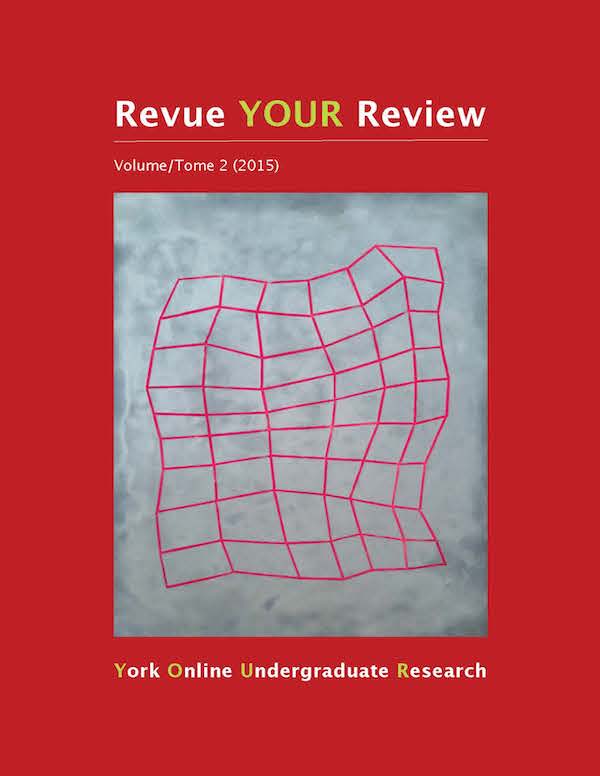Origins of Human Behaviour: The Psychology of Good and Evil
Keywords:
psychology, behaviour, altruism, selfishness, personality, social engineeringAbstract
This paper contrasts the beneficence and malevolence often seen in human behaviour. A review of psychology literature, as well as historical accounts of good and evil behaviour, was conducted to explore factors that influence altruistic and malicious behaviour in humans, and to examine ways in which societies can promote pro-social behaviour. The review revealed the importance of both personality and situational factors in both pro- and anti-social decision making. The review revealed that situational variables are better predictors of behaviour in familiar situations, while personality variables are better predictors in novel ones. Studies also consistently demonstrated that seemingly negative traits like low interpersonal trust, high judgement, and low conventionalism can all promote socially beneficial behaviour in some situations. Other factors such as birth order, developmental environment, stress, proximity, and authority were all revealed to be important moderating factors for socially determined actions. A review of social engineering projects aimed at the promotion of pro-social behaviour on large scales was also conducted. This revealed that while pre-existing factors could influence human behaviour, psychoeducation and shifting social norms could help facilitate pro-social behaviour.
How to Cite
Issue
Section
License
Authors contributing to Revue YOUR Review agree to release their articles under one of three Creative Commons licenses: Creative Commons Attribution 4.0 International; Creative Commons Attribution-NonCommercial 4.0 International; or Creative Commons Attribution-NoDerivatives 4.0 International. All editorial content, posters, and abstracts on this site are licensed under Creative Commons Attribution-NoDerivatives 4.0 International. For further information about each license, see:
https://creativecommons.org/licenses/
In all cases, authors retain copyright of their work and grant the e-journal right of first publication. Authors are able to enter into other contractual arrangements for the non-exclusive distribution of the e-journal's published version of the article (e.g., post it to an institutional repository or publish it in a book or in another journal), with an acknowledgement of its initial publication in this e-journal.


